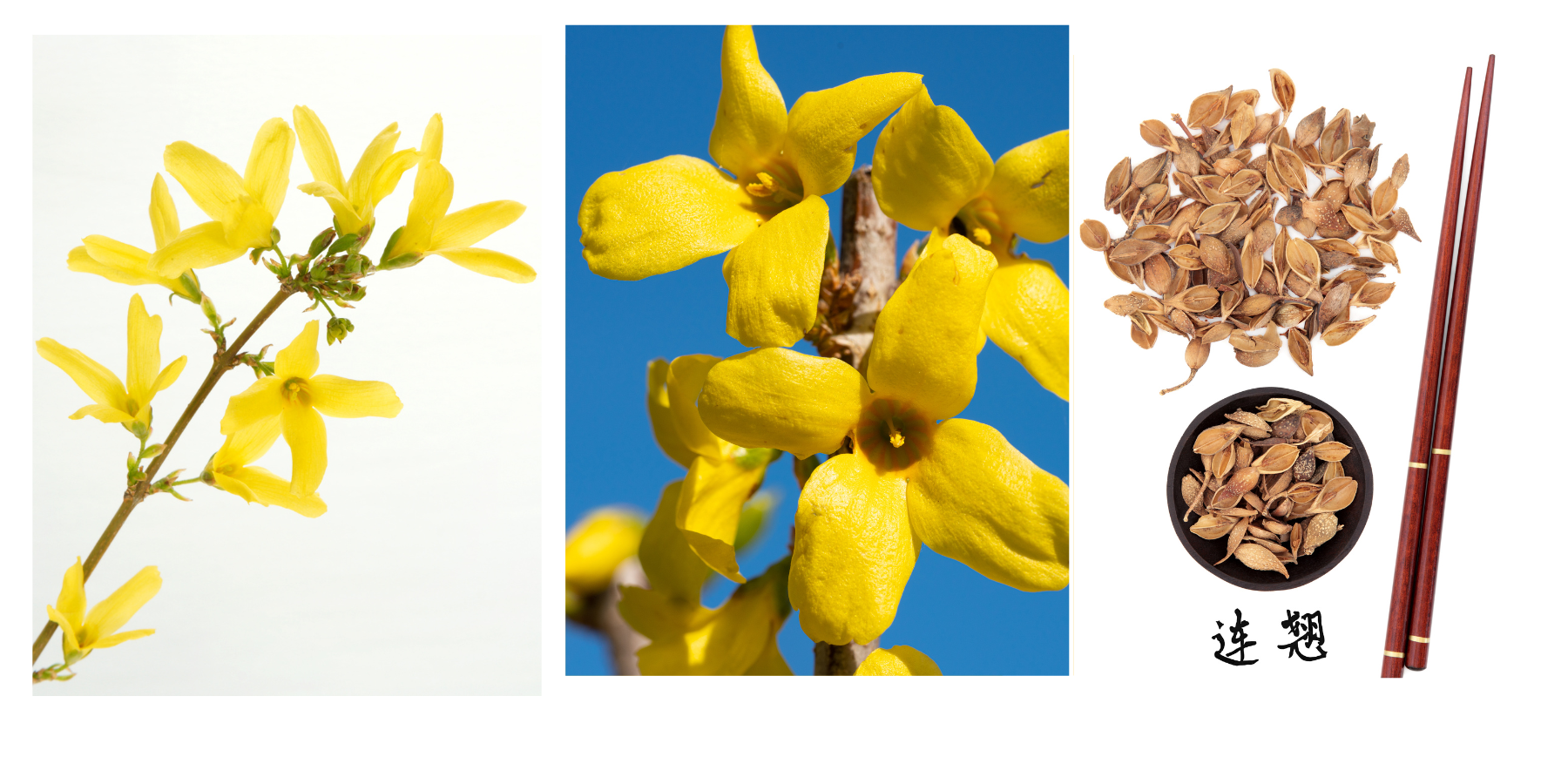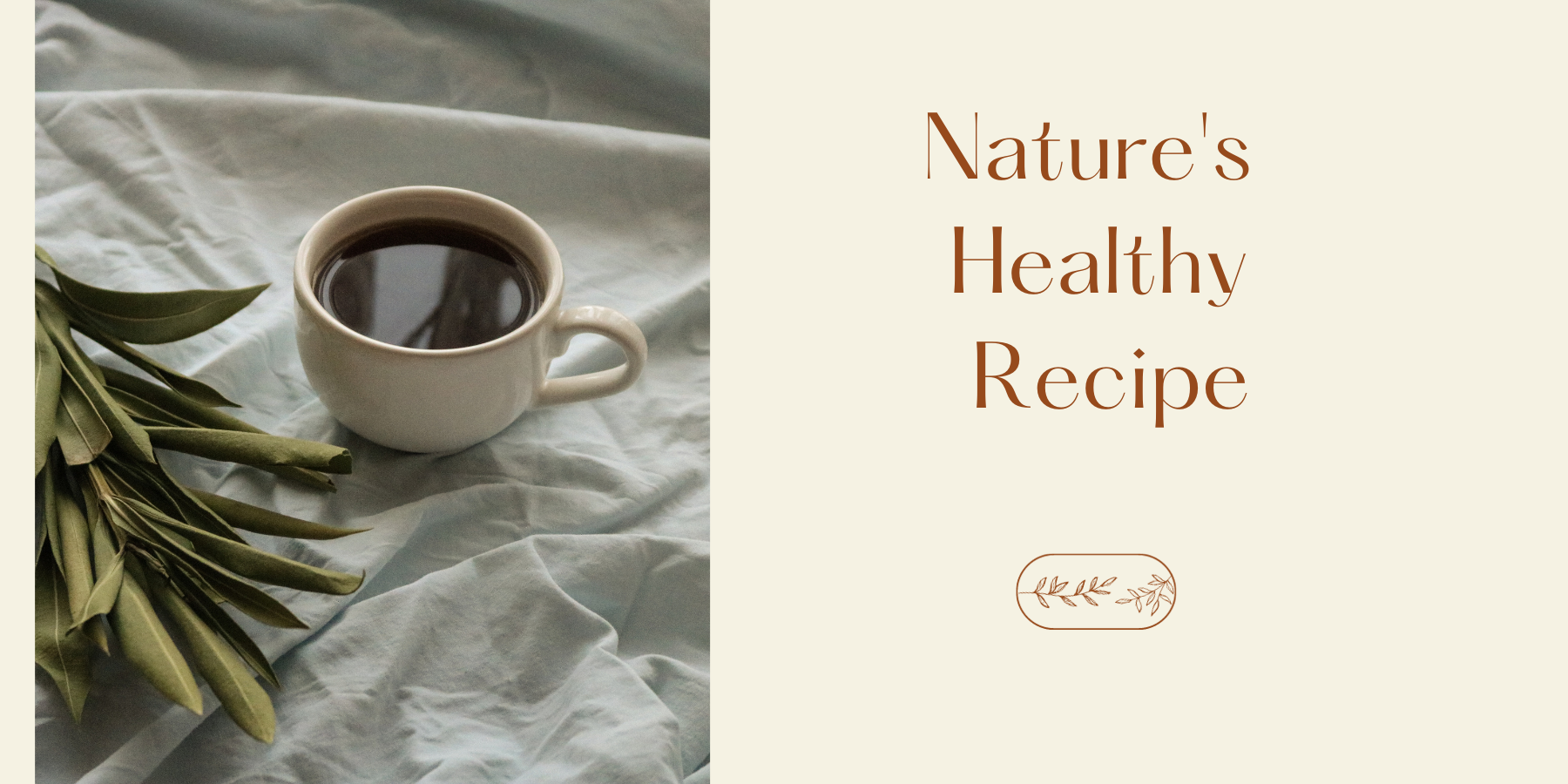Lian Qiao – One Of The Top 50 Herbs To Use
(To view all forms of Lian Qiao Fruit see our product page)

This herb gained huge popularity in 2020. Let’s explore the reason why.
What Is Lian Qiao?
Lian Qiao, also known as Forsythia Suspensa, is a species of flowering plant native to East Asia. It belongs to the family Oleaceae.
Medicinal Properties Of Lian Qiao – Forsythia Suspense
In recent years, scientists have conducted numerous studies to validate and understand the traditional uses of Lian Qiao in TCM. Ongoing research has provided promising evidence supporting the herb's effectiveness in addressing various health conditions, particularly those related to heat, fever, sore throat, respiratory infections, inflammation, and infection. Scientific research has shown Lian Qiao to possess antimicrobial, antiviral, antioxidant, and anti-inflammatory effects, supporting its traditional use in TCM. Current research by the Scientific community continues to explore the potential applications of Lian Qiao and its active components, further solidifying its position as a valuable natural remedy.

DETAILED HEALTH BENEFITS OF LIAN QIAO
Some of its key benefits include:
1. Boosting Immune System: Lian Qiao has potent antioxidant properties that help strengthen the immune system, protecting the body against infections, common colds, and flu.
2. Reducing Inflammation: Thanks to its anti-inflammatory properties, Lian Qiao can help alleviate symptoms associated with inflammation in the body, such as fever, swelling, and pain.
3. Fighting Bacterial Infections: Lian Qiao possesses powerful antibacterial properties that can help combat a wide range of bacterial infections, including respiratory tract infections, urinary tract infections, and skin infections.
4. Relieving Respiratory Conditions: Lian Qiao has been used in traditional medicine for respiratory conditions like bronchitis and sore throat. It can help reduce coughing, clear phlegm, and soothe irritated throat tissues.
5. Supporting Digestive Health: Lian Qiao aids digestion by enhancing the secretion of digestive enzymes and promoting healthy gut function. It may also help alleviate symptoms of gastrointestinal disorders like indigestion and diarrhea.
6. Promoting Heart Health: Research suggests that Lian Qiao may help improve cardiovascular health by reducing cholesterol levels and supporting healthy blood pressure levels.
7. Supporting Liver Function: Lian Qiao has been found to exhibit hepatoprotective properties, helping to protect liver cells and support liver function. It may be beneficial for individuals with liver-related conditions.
8. Easing Skin Conditions: Due to its anti-inflammatory and antibacterial properties, Lian Qiao can be beneficial in managing certain skin conditions like acne, rashes, and eczema.
What Are The Natural Compounds Found In Forsythia Suspensa?
Lian Qiao, also known as Forsythia suspensa, is a Chinese medicinal herb that has been traditionally used for its therapeutic properties. This herb contains several active compounds that contribute to its beneficial effects. Let's examine the main active compounds found in Lian Qiao:
|
Compound / Active Ingredient |
Description |
|
Forsythoside A |
Forsythoside A is one of the major active compounds in Lian Qiao. It is a phenylethanoid glycoside that exhibits antimicrobial, antiviral, and anti-inflammatory properties. Forsythoside A has been studied for its potential to inhibit the replication of certain viruses and reduce inflammation in various conditions. |
|
Phenylethanoid Glycosides |
Lian Qiao contains other phenylethanoid glycosides apart from Forsythoside A. These bioactive compounds have been shown to possess antioxidant and anti-inflammatory effects. Phenylethanoid glycosides in Lian Qiao have also been researched for their potential in protecting against oxidative stress and modulating the immune response. |
|
Phenolic Acids |
Lian Qiao is rich in several phenolic acids, including caffeic acid, chlorogenic acid, and gallic acid. These compounds have strong antioxidant properties and are believed to contribute to the overall health benefits of Lian Qiao. Phenolic acids are known for their ability to scavenge free radicals, protect against cellular damage, and promote overall well-being. |
|
Flavonoids |
Lian Qiao contains various flavonoids, such as rutin, quercetin, and kaempferol. Flavonoids are well-known plant compounds that possess antioxidants, anti-inflammatory, and antiviral activities. These bioactive compounds have been studied for their potential in promoting immune health, reduce inflammation, and supporting overall cellular health. |
Four Of The Most Common Asked Questions About Lian Qiao
Q: What is the taste of Lian Qiao according to TCM?
A: Lian Qiao is considered to have a bitter taste according to TCM principles. Bitter tastes are believed to have a cooling and drying effect on the body.
Q: What is the temperature of Lian Qiao according to TCM?
A: Lian Qiao is categorized as being slightly cold in nature according to TCM. This means it has a cooling effect on the body and can be used to reduce heat and inflammation.
Q: What are the meridian affiliations of Lian Qiao in TCM?
A: According to TCM theory, Lian Qiao has an affinity for the lung, heart, and gallbladder meridians. It is believed to have specific effects on these meridians, aiding in the treatment of various conditions related to them.
Q: What are the common uses of Lian Qiao in TCM?
A: Due to its bitter taste and cooling nature, Lian Qiao is commonly used in TCM to clear heat, resolve toxins, and disperse swelling. It is often prescribed for conditions such as fever, sore throat, swollen lymph nodes, and infections.

Popular Recipes Using Lian Qiao
Here are a few popular recipes using Lian Qiao:
1. Lian Qiao Herbal Tea: Boil a few dried Lian Qiao fruit in water and add a dash of honey and lemon for added taste. This tea is believed to have immune-boosting properties.
2. Lian Qiao Chicken Soup: Simmer chicken bones with Lian Qiao, ginger, and scallions for a flavorful and nourishing soup. It is believed to help with respiratory health.
3. Lian Qiao and Goji Berry Dessert: Combine Lian Qiao, goji berries, rock sugar, and water to make a soothing and delicious dessert. It is believed to have cooling properties and may help with digestion.
4. Lian Qiao and Chrysanthemum Infusion: Combining Lian Qiao with chrysanthemum can create a pleasant and soothing herbal infusion with potential health benefits.
Ingredients:
1-2 teaspoons of dried Lian Qiao
2-3 dried chrysanthemum flowers
1 cup of hot water
Optional: honey for flavor
Instructions:
Place the dried Lian Qiao and chrysanthemum flowers in a cup.
Pour hot water over the herbs.
Cover and steep for 10-15 minutes.
Strain and, if desired, add honey for taste.
This infusion can be enjoyed as a calming and aromatic tea that may help with cold and flu symptoms.
5. Lian Qiao Tincture: If you prefer a more concentrated form of Lian Qiao, you can make a tincture for longer-term use.
Ingredients:
Dried Lian Qiao
High-proof alcohol (e.g., vodka or brandy) It must be at least 17% by volume alcohol.
A glass jar with a tight-fitting lid
Instructions:
Fill the glass jar about one-third full with dried Lian Qiao.
Pour the alcohol over the herb, ensuring it covers the herb completely.
Seal the jar with the lid.
Store the jar in a cool, dark place for 4-6 weeks, shaking it gently every few days.
After the steeping period, strain the liquid into a separate, clean container.
Store the tincture in a dark, glass bottle.
You can take a few drops of the Lian Qiao tincture diluted in water as needed. This concentrated form allows for longer storage and easy use when required.
HISTORICAL USE OF LIAN QIAO
An interesting fact about Lian Qiao (Forsythia suspensa) is its historical use and cultural significance in traditional Chinese medicine:
Lian Qiao is one of the 50 fundamental herbs in traditional Chinese medicine (TCM). In TCM, herbs are classified based on their properties, flavors, and therapeutic actions, and they play a significant role in balancing the body's energy, or Qi. Lian Qiao is categorized as a bitter and slightly cold herb that is believed to clear heat, detoxify the body, and remove dampness.
This herb has been used in traditional Chinese medicine for over 2,000 years. It is commonly prescribed to treat various conditions associated with heat and toxins in the body, such as fever, sore throat, and respiratory infections.
Lian Qiao (Forsythia suspensa) is often used in combination with other herbs in traditional Chinese medicine (TCM) to create herbal formulations that target specific health issues. The choice of herbs to combine with Lian Qiao depends on the desired therapeutic effects. Here are some common herbal combinations that involve Lian Qiao:
2. Chuan Xin Lian: This is a well-known TCM formula that includes Lian Qiao, Chuan Xin Lian (Andrographis paniculata), and Pu Gong Ying (dandelion). It's often used for its potential antimicrobial and anti-inflammatory properties, particularly for infections.
3. Xia Sang Ju Kuan Jin San: This formula combines Lian Qiao with other herbs like Sang Ye (mulberry leaf), Ju Hua (chrysanthemum), and Kuan Jin Teng (perilla vine). It is often used for addressing symptoms of the common cold, flu, or respiratory infections.
4. Zhong Gan Ling: This TCM formula contains a combination of herbs, including Lian Qiao, Jin Yin Hua (honeysuckle), and Gan Cao (licorice). It is used for its potential antiviral and immune-boosting properties.
5. Honeysuckle and Forsythia Detox Powder (Yin Qiao San): This is a popular herbal combination that combines Lian Qiao with Jin Yin Hua (honeysuckle), Niu Bang Zi (burdock seeds), and other herbs. It's used for its potential detoxifying and heat-clearing properties, especially in cases of fever or infection.
When using herbal combinations involving Lian Qiao, it's essential to consult with a qualified herbalist or healthcare professional, as the specific combination and dosages can vary based on individual health needs and conditions. These herbal formulas are often customized to address the specific symptoms and imbalances of each patient. The safety and effectiveness of herbal combinations depend on proper diagnosis and guidance from a knowledgeable practitioner.
Its historical use in TCM reflects its cultural importance in China and its role in promoting wellness and balance in the body according to traditional Chinese healing principles.

Lian Qiao, known scientifically as Forsythia suspensa, is a herb with a long history of use in traditional Chinese medicine (TCM). Here is a summary of key points about Lian Qiao:
Botanical Description:
• Lian Qiao is a deciduous shrub that produces yellow flowers and small, oblong fruit.
• It is native to China but can be found in other parts of Asia as well.
Traditional Uses:
• Lian Qiao has been used in TCM for over two millennia to treat a variety of conditions.
• It is primarily known for its ability to clear heat, detoxify the body, and remove dampness, making it a popular choice for treating conditions associated with heat and toxins.
• Common uses include treating fevers, sore throats, respiratory infections, and skin issues.
Active Compounds:
• Lian Qiao contains various active compounds, with forsythoside A and forsythin being among the most well-known.
• These compounds are believed to contribute to the herb's therapeutic effects, including its potential antiviral, antibacterial, and anti-inflammatory properties.
Preparations:
• Lian Qiao is commonly used to make herbal teas or infusions. The dried plant parts are steeped in hot water to create a soothing and potentially health-beneficial beverage.
Safety and Precautions:
• Lian Qiao is generally considered safe when used appropriately, but it's essential to consult a healthcare professional before incorporating it into your health regimen, especially if you have specific health concerns or are taking medications.
Like with any herbal remedy, there may be potential side effects, interactions, or contraindications to consider.
Lian Qiao's long history of use in traditional Chinese medicine and its potential health benefits make it an interesting and valued herb in natural medicine. As with all herbal remedies, it's essential to use it with care and consult with a healthcare professional when necessary.
References:
https://www.ncbi.nlm.nih.gov/pmc/articles/PMC6151565/
https://yinyanghouse.com/theory/theory/herbalmedicine/lian_qiao_tcm_herbal_database/
https://www.sciencedirect.com/science/article/pii/S222541101630222X
https://herbpathy.com/Uses-and-Benefits-of-Forsythia-Suspensa-Cid2742
https://www.learnskin.com/articles/traditional-chinese-medicine-approach-to-eczema
https://britishlocalfood.com/forsythia/

